Filter by
SubjectRequired
LanguageRequired
The language used throughout the course, in both instruction and assessments.
Learning ProductRequired
LevelRequired
DurationRequired
SkillsRequired
SubtitlesRequired
EducatorRequired
Explore the Cardiovascular Course Catalog
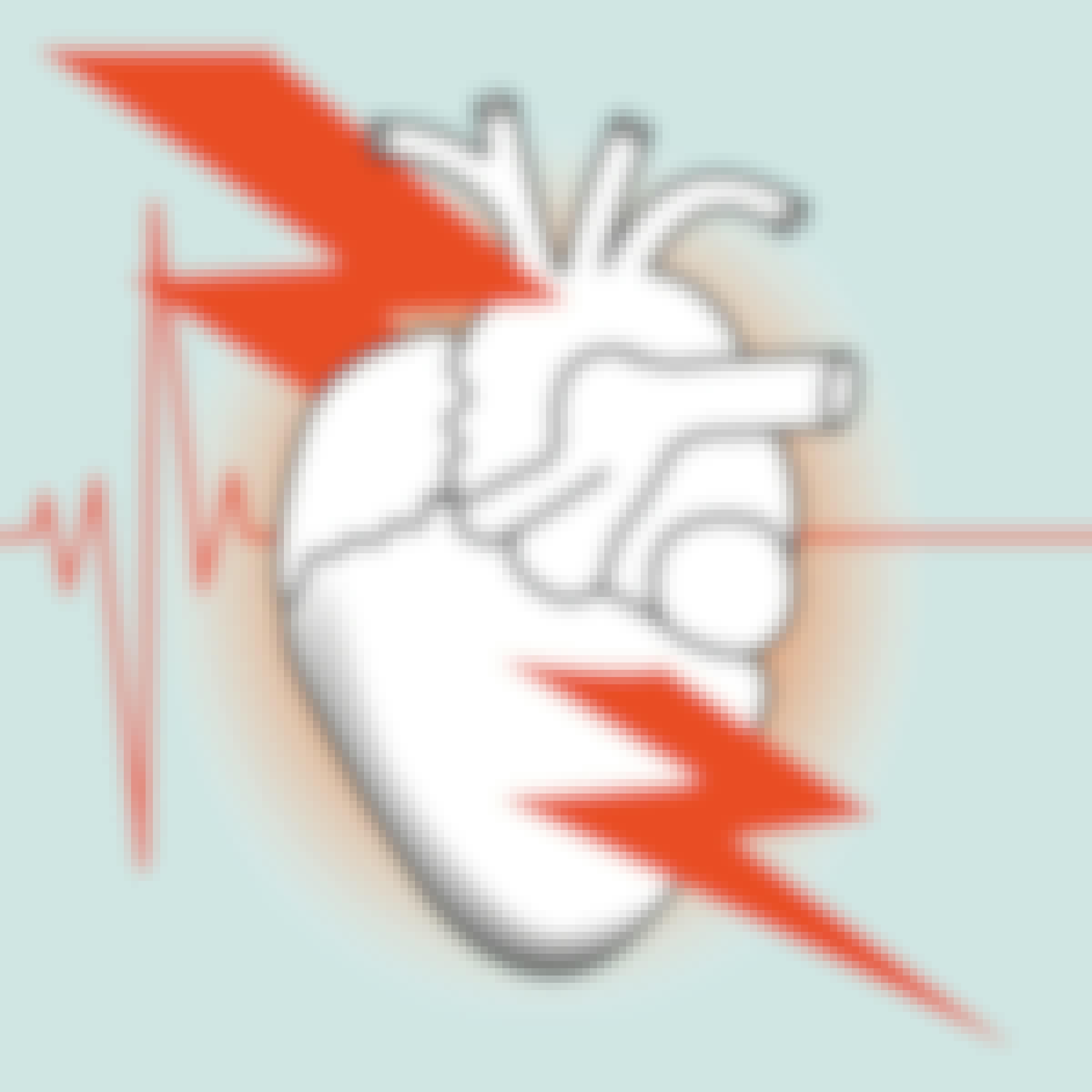 Status: Preview
Status: PreviewUniversity of Zurich
Skills you'll gain: Cardiology, Chronic Diseases, Rehabilitation, Diagnostic Tests, Anatomy, Sports Medicine, Preventative Care, Blood Pressure, Behavioral Health, Physiology, Pharmacotherapy, Biology, Behavior Management
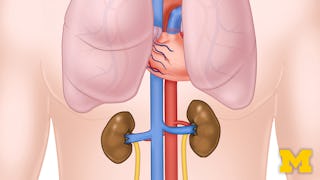 Status: Free Trial
Status: Free TrialUniversity of Michigan
Skills you'll gain: Pulmonology, Cardiology, Respiration, Anatomy, Hematology, Urology, Nephrology, Physiology
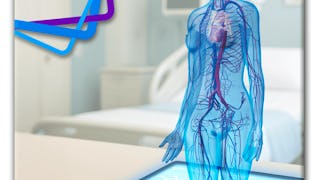 Status: Free Trial
Status: Free TrialSkills you'll gain: Cardiology, Capillary, Hemodynamics, Cardiac Dysrhythmia, Diagnostic Tests, Respiration, Anatomy, Patient Treatment, Hematology, Physiology, Vital Signs, Medical Terminology
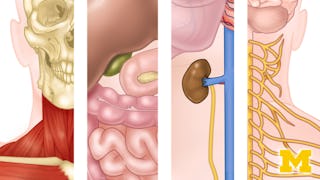 Status: Free Trial
Status: Free TrialUniversity of Michigan
Skills you'll gain: Human Musculoskeletal System, Anatomy, Endocrinology, Pulmonology, Cardiology, Respiration, Gynecology, Hematology, Obstetrics And Gynecology, Orthopedics, Neurology, Urology, Nephrology, Kinesiology, Physiology, Medical Imaging, Sports Medicine, Biology, Medical Terminology, Cell Biology
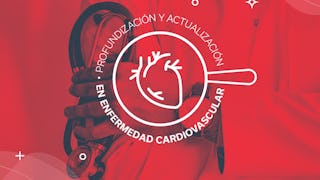 Status: Preview
Status: PreviewUniversidad de los Andes
Skills you'll gain: Cardiology, Cardiac Dysrhythmia, Chronic Diseases, Internal Medicine, Electocardiography, Blood Pressure, Diagnostic Tests, Treatment Planning, Patient Evaluation, Pharmacotherapy, Pharmacology, Risk Analysis
 Status: Free Trial
Status: Free TrialRice University
Skills you'll gain: Medical Terminology, Medical History Documentation, Pulmonology, Cardiology, Electronic Medical Record System, Medical Records, Endocrinology, Human Musculoskeletal System, Orthopedics, Obstetrics And Gynecology, Neurology, Gynecology, Urology, Hematology, Anatomy, Immunology, Diagnostic Tests, Patient Treatment, Physiology, Communication
What brings you to Coursera today?
 Status: Free Trial
Status: Free TrialRice University
Skills you'll gain: Human Musculoskeletal System, Anatomy, Endocrinology, Orthopedics, Kinesiology, Physiology, Neurology, Medical Terminology, Cell Biology, Biology, Chemistry, Clinical Practices, Sports Medicine, Physical Therapy, Molecular, Cellular, and Microbiology, Life Sciences, Lifelong Learning
 Status: Free Trial
Status: Free TrialSkills you'll gain: Phlebotomy, Blood Collection, Sterilization, Urinalysis, Patient Communication, Medical Terminology, Patient-centered Care, Nutrition Education, Infection Control, Asepsis, Pathology, Basic Patient Care, Patient Education And Counseling, Vital Signs, Geriatrics, Hand Hygiene, Electocardiography, Anatomy, Pediatrics, Patient Evaluation
 Status: Free Trial
Status: Free TrialSkills you'll gain: Medical Terminology, Revenue Cycle Management, Healthcare Ethics, Medical Billing, Medical Billing and Coding, Conflict Management, Patient Communication, Anatomy, Pathology, Medical Coding, Cultural Responsiveness, Patient-centered Care, Electronic Medical Record, Professionalism, Health Care Procedure and Regulation, Health Information Management and Medical Records, Professional Development, Medical Records, Physiology, Payment Processing
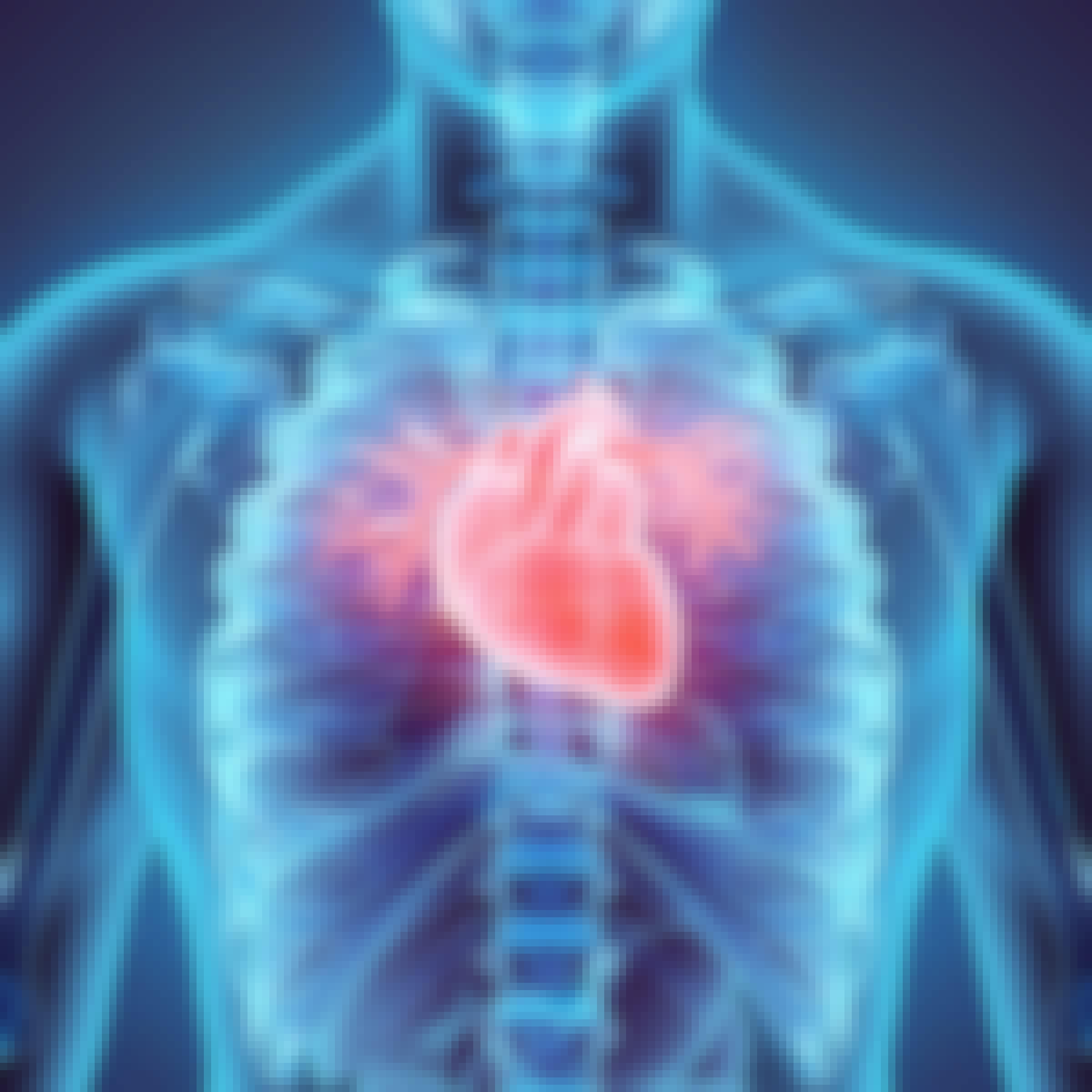 Status: Free Trial
Status: Free TrialMedCerts
Skills you'll gain: Pulmonology, Medical Terminology, Cardiology, Respiratory Therapy, Medical Records, Immunology, Pathology, Hematology, Anatomy, Diagnostic Tests, Electocardiography, Laboratory Testing, Physiology
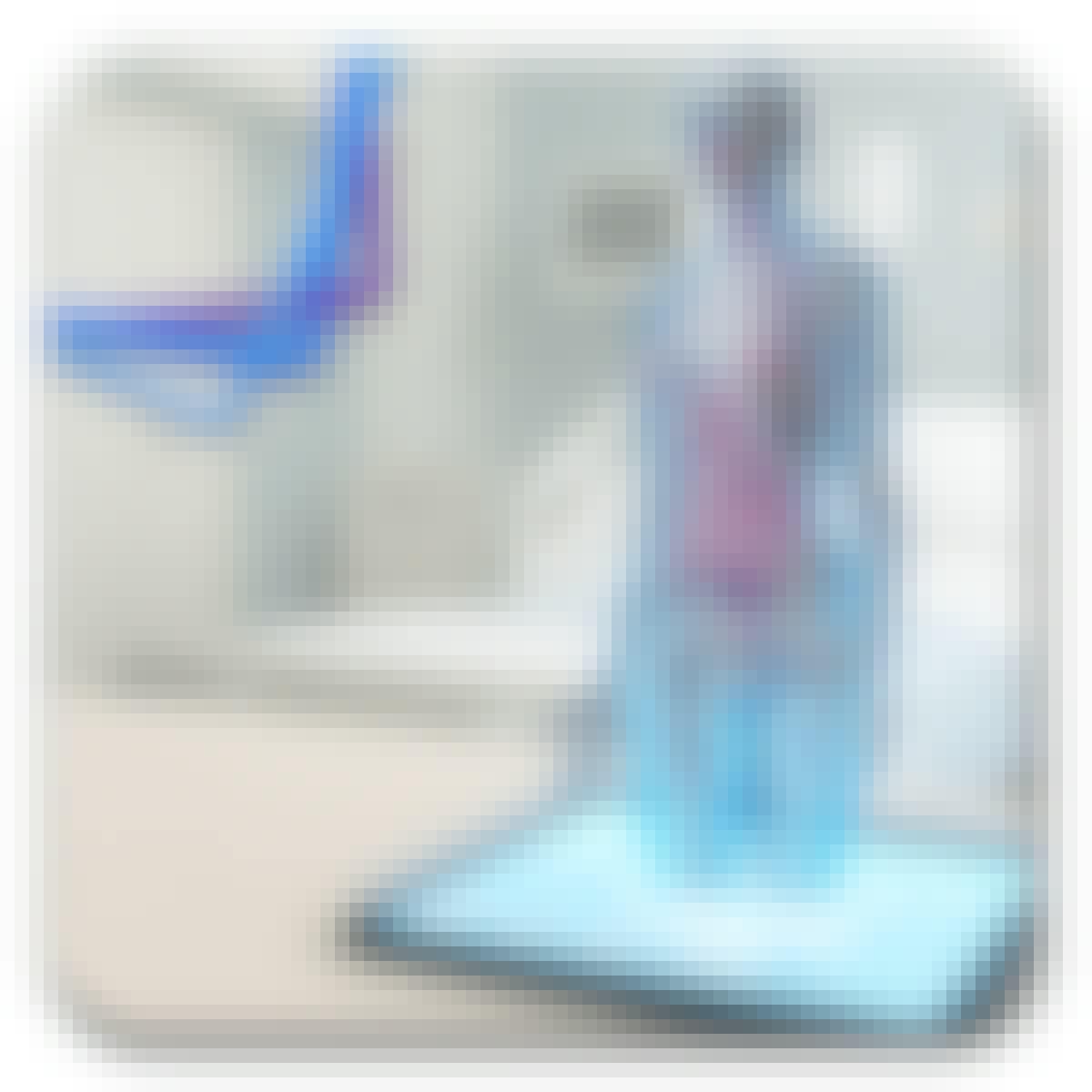 Status: Free Trial
Status: Free TrialSkills you'll gain: Respiration, Human Musculoskeletal System, Cardiology, Respiratory Care, Pulmonology, Capillary, Hemodynamics, Clinical Practices, Cell Biology, Physiology, Oxygen Therapy, Endocrinology, Anatomy, Diagnostic Tests, Patient Evaluation, Nephrology, Orthopedics, Pulmonary Function Testing, Cardiac Dysrhythmia, Interactive Learning
 Status: Free Trial
Status: Free TrialNortheastern University
Skills you'll gain: Quality Assessment, Value-Based Care, Program Evaluation, Healthcare Industry Knowledge, Health Systems, Health Informatics, Managed Care, Change Management, Decision Support Systems, Health Care, Process Mapping, Care Management, Patient Safety, Health Care Administration, Quality Improvement, Patient-centered Care, Business Intelligence, Business Analytics, Performance Measurement, Health Policy
Cardiovascular learners also search
In summary, here are 10 of our most popular cardiovascular courses
- Myocardial Infarction: University of Zurich
- Anatomy: Cardiovascular, Respiratory and Urinary Systems: University of Michigan
- The Heart of the Matter: Exploring the Cardiovascular System: Immersify
- Anatomy: University of Michigan
- Profundización y actualización en Enfermedad Cardiovascular: Universidad de los Andes
- Medical Terminology: Rice University
- Human Anatomy & Physiology I: Rice University
- Clinical Medical Assistant Fundamentals: MedCerts
- Medical Billing and Coding Fundamentals: MedCerts
- The Heart, Blood, and Lungs: MedCerts










